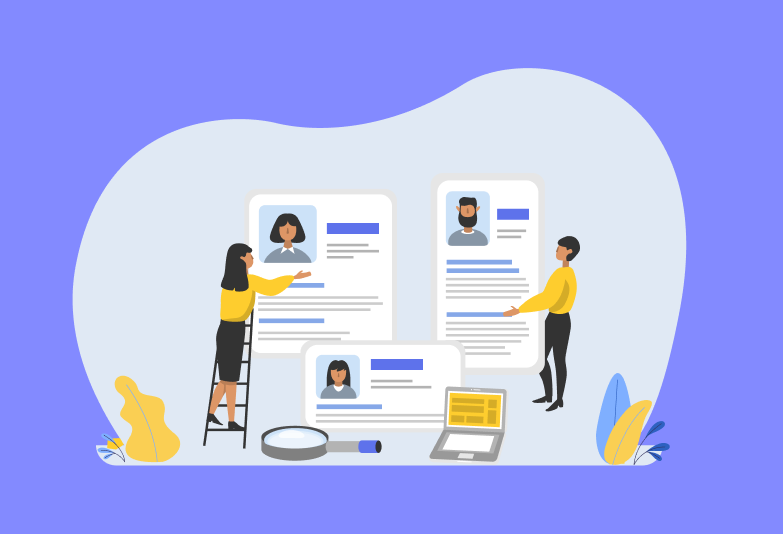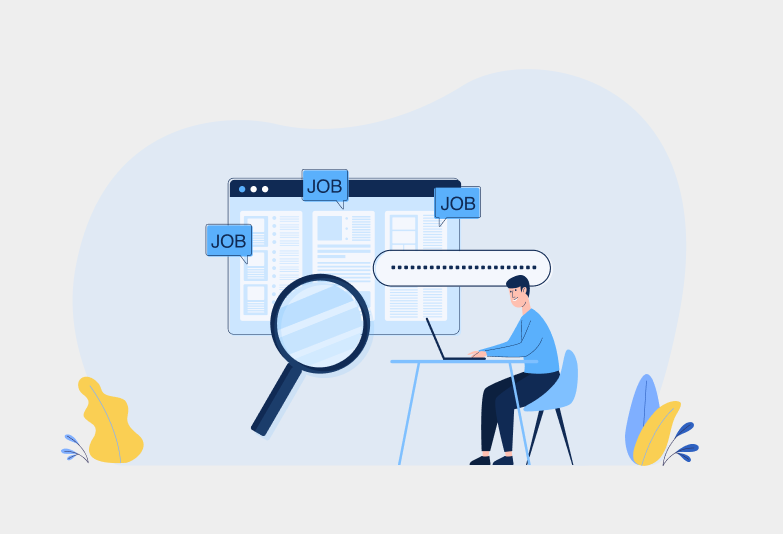After the hiring of a candidate, it is assumed that the employee will stay with the company for a long term. However, if the employee retention is low for whatever reason, it becomes an additional burden on the recruitment process. The cost of hiring and retaining is less if the employee stays with the organization for a longer period.
As more jobs are becoming available nowadays, it is causing problems for employers. Candidates often lie about important aspects of their lives in the application. Therefore, background checks are conducted to avoid the inconvenience of onboarding an unfit employee.
Big and small organizations have started to carry out background checks on candidates at the time of recruitment. Different softwares are used for this purpose. In addition to this, Credit Rating Agencies also play a role in conducting these checks.
Why is a background check required?
Employers invest in background checks to avoid the hassle created by lawsuits at a later stage. The cost of investigation is way less than the costs of damages that need to be paid for negligent hiring lawsuits.
As mentioned earlier, candidates often lie about their information in the applications. Hence, it is important to get the information verified before hiring. Some employers conduct a background check on a few shortlisted candidates to help them in making a final decision while others do it just before finally selecting a candidate.
Usually, Credit Rating Agencies conduct the checks. However, Applicant Tracking System can be integrated with these agencies to make the process easier. ATS can also be used to send reference checks to previous employers.
Types of background checks
Most common checks include criminal records and credit history checks. Other checks include authentication of identity, education and credential verification, reference check and addresses verification.
Today, candidate screening has become a formalized and automated process. Due to complexity, management solutions need to help HR personnel to deal with the problems. Large organizations are integrating their screening processes with their ATS or recruitment software. This would eventually reduce the hiring cycle time and increase productivity.
Legal steps of conducting the background check

Risks associated with background checks
If doing background checks is a routine part of a company’s recruitment and selection process, there lies a danger to the candidates if they are dishonest in their application. Background checks need to be accurate to pinpoint any red flags in the application. If there are some authentication concerns highlighted by screening software, the hiring cycle time and cost increases for the employers.
It should be a guide to making a decision, not a final decision!
Background checks should always be a guide to making the final decision of recruitment, and not the final decision. Some other factors are considered before onboarding a potential candidate. However, employers should encourage the candidates to reveal accurate personal information and if there are any red flags in the application, do give them a chance to provide an explanation or proof to eliminate the possible doubts.



